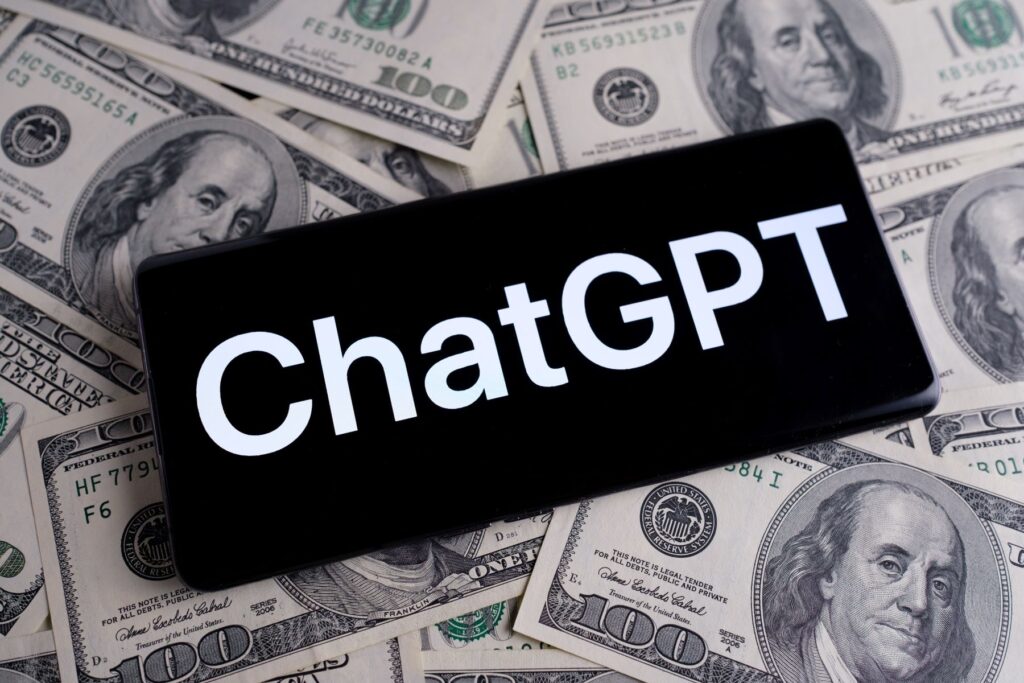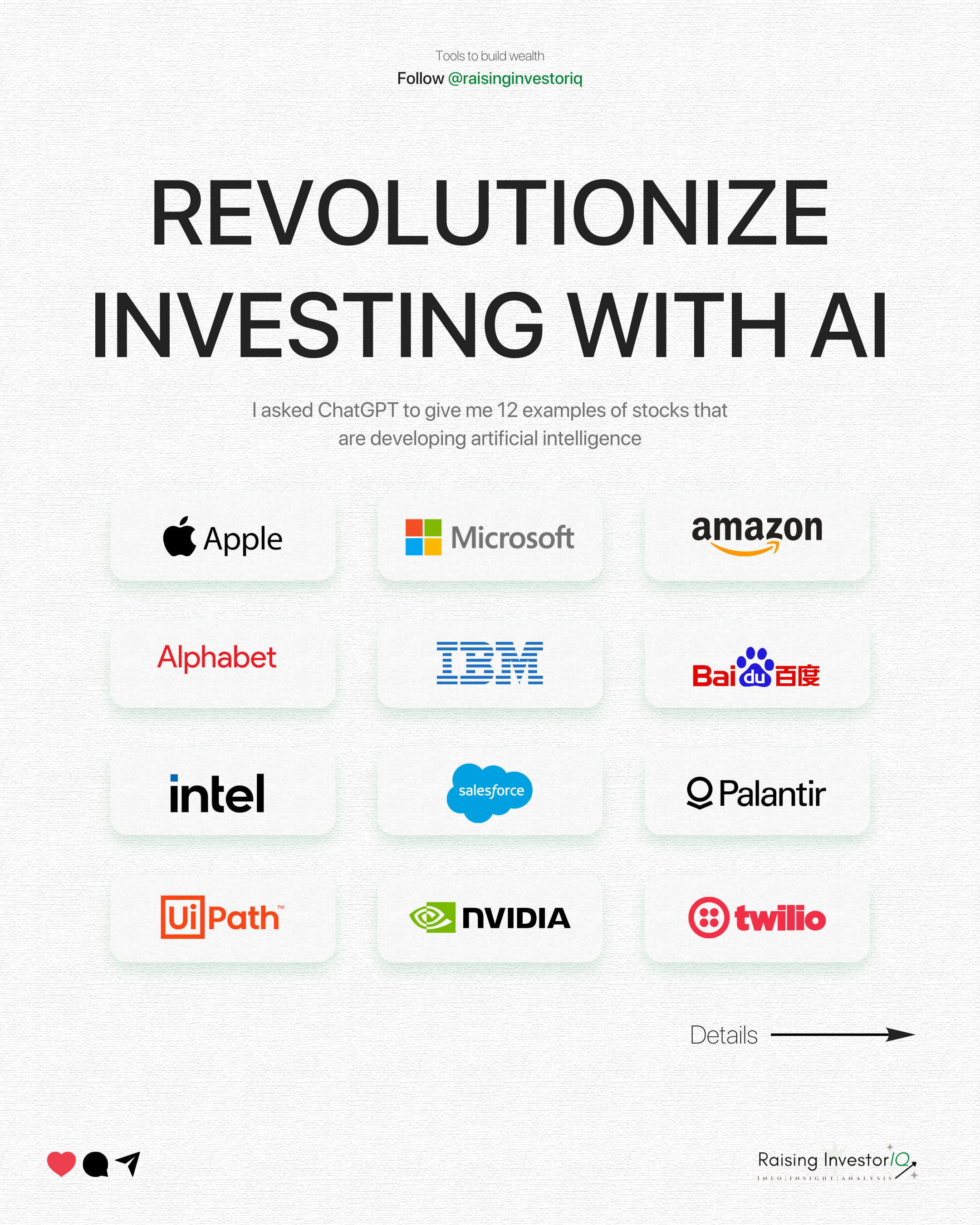DISCLOSURE: THIS POST MAY CONTAIN AFFILIATE LINKS, MEANING I GET A COMMISSION IF YOU DECIDE TO MAKE A PURCHASE THROUGH MY LINKS, AT NO COST TO YOU. PLEASE READ MY DISCLOSURE FOR MORE INFO.
Intro
Any investor should consider AI as a useful tool for investment analysis. I have never used complex tools to invest. And yet I have been consistently outperforming the market for the last 20+ years. Maybe Leonardo DaVinci was right when he said: “Simplicity is the ultimate sophistication.” But then again, I can’t deny the usefulness of recently emerged solutions in portfolio management. Yes, I’m talking about artificial intelligence (AI). After a period of testing, I discovered a few useful ways to utilize Chat GPT. Let’s dive right into it.
AI As a Useful Tool: How to save 10+ hours
Every business has a story to tell. And sometimes that story gets lost in an ocean of data. But when it comes to money management, you still need to dig deep, even if it’s hard. So why not save a few hours and ask Chat GPT to help you out?
Here are a few useful prompts you can use:

- What is the competitive advantage of [insert stock name]?
- How does [insert stock name] compare to [insert stock name]?
- Describe [insert stock name] business model.
- Where can I learn more about [insert stock name]?
- What are the main risks to [insert stock name]?
- Are there any trends benefiting [insert stock name]?
And this is just the start. As you explore further, I’m sure you’ll find more interesting ways to utilize this tool.
One More Example of AI As a Useful Tool
I asked ChatGPT to give me 12 examples of stocks that are developing artificial intelligence.
This is the result.

The end-result clearly reflects AI as a useful tool for investment analysis. But before you get too excited, I need to tell you something else.
A Warning About AI as a Useful Tool
While AI as a useful tool for investment analysis should be well-considered, keep in mind that every single AI tool has flaws. To make it a bit easier for you, I’ve divided them into three broad categories.
Firstly, these models are used on past data, which means they can’t process information in real-time. So if you’re asking AI to answer questions that are time sensitive, you’ll get the wrong answers. And you don’t want that.
Secondly, they don’t have much creative power. The human brain has this unique ability to seek and form unusual connections of neurons. It’s what makes us special. It’ll be a while until AI catches up to that. So, make sure you’re using your brain properly. It’s the only thing that will enable you to get from $0 to $1,000,000.
Lastly, AI tools are not perfect. I’ve caught ChatGPT making an error at least a dozen times. So, make sure you take all the replies with a grain of salt.
I think this quote sums up the use of AI in investing pretty nicely: “Technology is a useful servant but a dangerous master.” – Christian Louis Lange
Conclusion
Any aspiring investor should consider AI as a useful tool for investing. It can be useful in selecting stocks, evaluating stocks, and a number of other aspects. Companies around the globe in a number of industries are also investing in and utilizing artificial intelligence. It has great potential to increase efficiencies. So, consideration of investing in such companies should also be made. According to Forbes, AI has the ability to improve forecasting and predictive skills to investment analysis.
In my next article, I’ll show you how to avoid losing your hard-earned money. Sometimes all you need is a little inflation medicine. Join my newsletter and get equipped with free tools and know-how to build wealth and financial security.
Disclosure/Disclaimer
The information provided on this site is based on my own personal experience, research, and analysis, and it is not to be construed as professional advice. Please conduct your own research before making any investment decisions. I am not a professional financial advisor, stockbroker, or planner, nor am I a CPA or a CFP. The contents of this site and the resources provided are for informational and entertainment purposes only and do not constitute financial, accounting, or legal advice. The author is not liable for any losses or damages related to actions or failure to act related to the content on this website.

